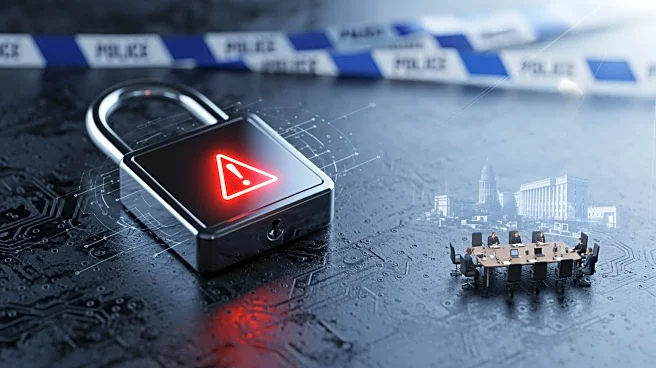What's Happening?
In response to a school bombing in North Jakarta that injured nearly 100 people, Indonesian President Prabowo Subianto is considering restrictions on online video games. The attack, allegedly carried out by a 17-year-old student, has prompted concerns
about the influence of violent video games on youth. State Secretary Prasetyo Hadi mentioned Krafton Inc.'s popular game PUBG as a potential target for restrictions, citing concerns that such games normalize violence. The investigation into the bombing is ongoing, with police examining the suspect's home for evidence of extremist influences.
Why It's Important?
The potential restrictions on video games in Indonesia could have significant implications for the gaming industry, particularly for companies like Krafton Inc. and Tencent, which have substantial investments in the region. The move also raises questions about the role of video games in influencing behavior and the balance between regulation and freedom of expression. If implemented, these restrictions could set a precedent for other countries grappling with similar concerns about the impact of violent media on youth. The situation highlights the ongoing debate over the relationship between virtual and real-world violence.
What's Next?
The Indonesian government may proceed with formulating specific restrictions on video games, potentially leading to changes in how games are marketed and accessed in the country. The gaming industry and civil society groups might respond with advocacy or legal challenges, emphasizing the need for evidence-based policy decisions. The outcome of the investigation into the school bombing could further influence public opinion and policy direction.
Beyond the Headlines
This development underscores the broader societal challenges of addressing youth violence and the factors contributing to it. The focus on video games may divert attention from other underlying issues, such as bullying and mental health, that require comprehensive solutions.
















